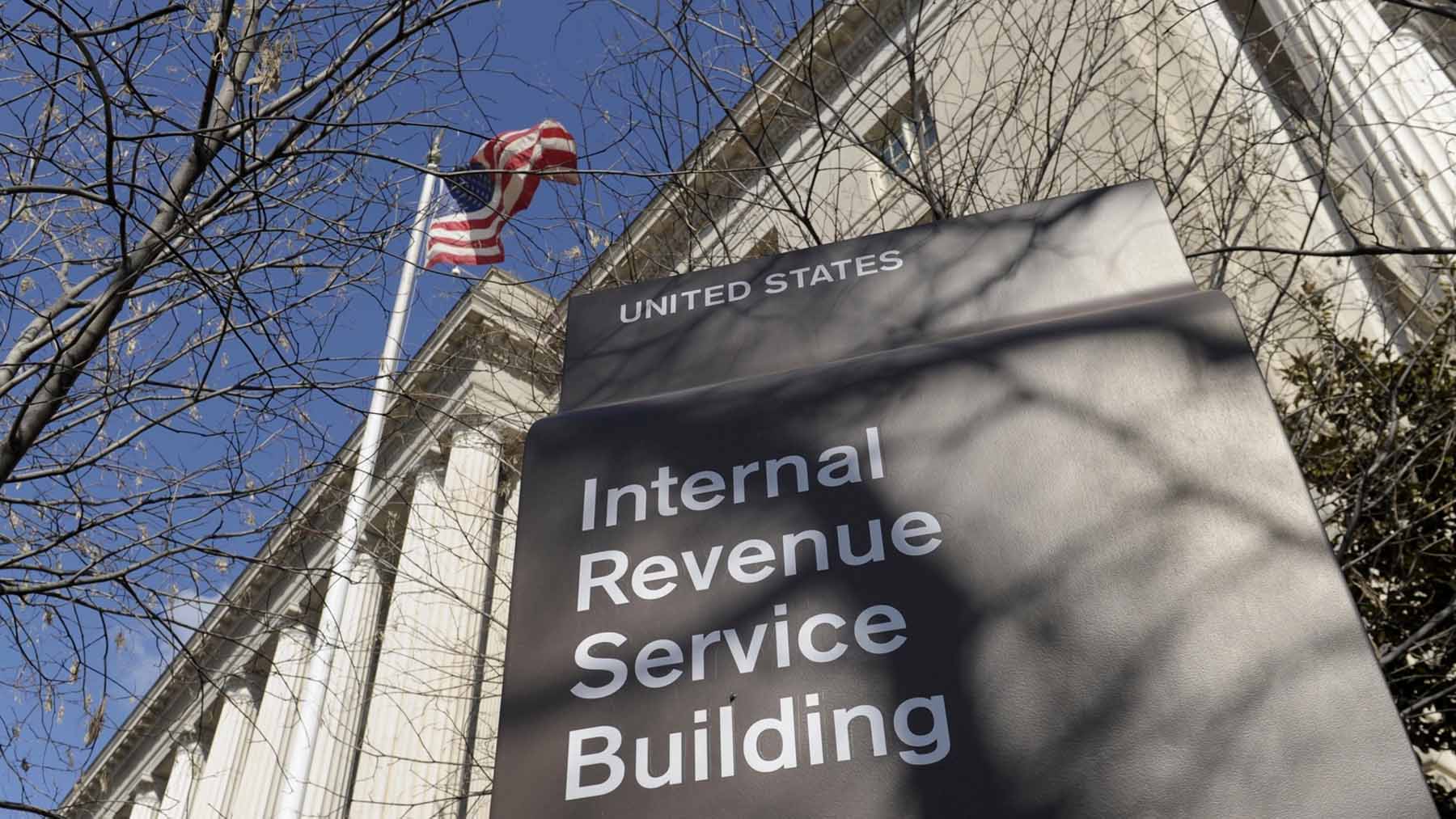With the mission to reduce the number of accidents and enhance road safety, Washington became the second U.S. state (after Virginia) to encourage a law requiring the installation of speed limiting technology in the cars of drivers who have an uncomfortable past linked to “reckless actions”. It directly addresses road safety and speeding, as well as preventing traffic accidents. From the Washington Department of Transportation, they state that this traffic law addresses vehicles that do not adhere to the speed limit and will be punished with fines. Read on to learn about the new U.S. legislation and how it will affect Washington drivers.
Be aware of the new developments
For those who have had any kind of problem in the past, or who have had their license suspended for reckless driving, be on the lookout for new developments. In May, Governor Bob Ferguson signed a regulation requiring drivers with such a history to install Intelligent Speed Assist (ISA) devices.
For the time being, this anti-speeding technology monitors the driver’s speed and prevents the vehicle from exceeding local speed limits. “This legislation was inspired by an accident in which four people were killed, including three children, when their car was struck by a driver going 112 miles per hour,” Ferguson said in signing the new Washington law. It will go into effect in January 2029.
Anti-Speeding Technology Act
Concerned about a situation that is being felt across the country, different geographic locations in the U.S. are taking action. These anti-speeding regulations are being expanded by similar bills filed in at least five other states that seek to crack down on repeat offenders.
One of those in charge of publicizing the desire was Cathy Chase, president of Advocates for Highway and Auto Safety, a Washington-based nonprofit organization. “Sometimes it just takes one state taking the first step to build momentum,” the expert said in dialogue with USA TODAY, noting that road safety legislation is often difficult to pass. And she immediately explained:
“This is a new measure with a relatively new technology in the U.S. that is making inroads at the state level across the country.”
BEAM Act: the new law
The new law is known as the BEAM Act, named after four people killed in a crash last year with a speeding driver near Renton: Boyd Buster Brown, Eloise Wilcoxson, Andrea Smith Hudson and Matilda Wilcoxson. Before signing the BEAM Act, the governor met with families of those killed in that crash and others who are pushing for stronger traffic safety measures.
“It’s the family members who got us to this day,” said prime sponsor Rep. Mari Leavitt, D-University Place. “They’re the ones who were willing to share their story over and over again.”
Virginia, a pioneer in pursuing anti-speeding technology
In April, Virginia became the first U.S. state to enact anti-speeding technology legislation, requiring intelligent speed assist devices for those convicted of driving over 100 mph (160 km/h).
The devices are small enough to be placed in an air vent and would prevent drivers from exceeding the speed limit. In that regard, Chase was encouraged to see bipartisan support for the Virginia law, which will take effect in July 2026. It was sponsored by Democratic state Delegate Patrick Hope and signed by Republican Gov. Glenn Youngkin. “It’s nice to see some common ground when our country seems so divided politically,” he opined.
However, it also emerged that other states don’t think it’s necessary. Arizona, Georgia and Maryland have reportedly ruled out any kind of speeding technology proposal.









